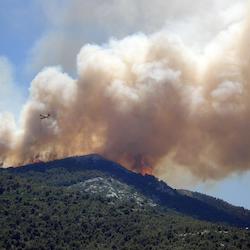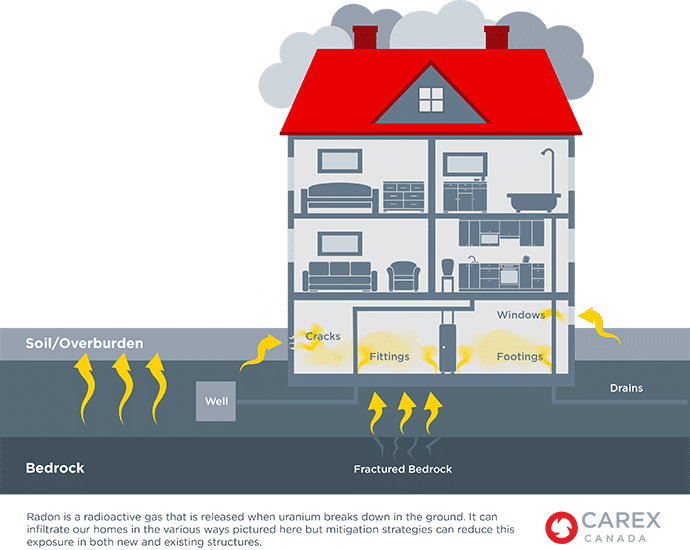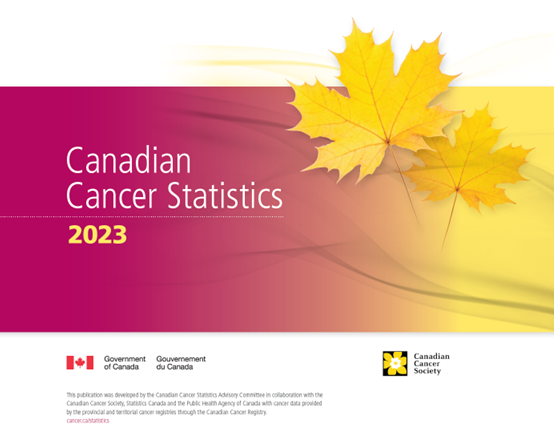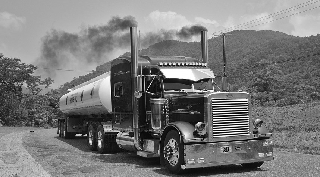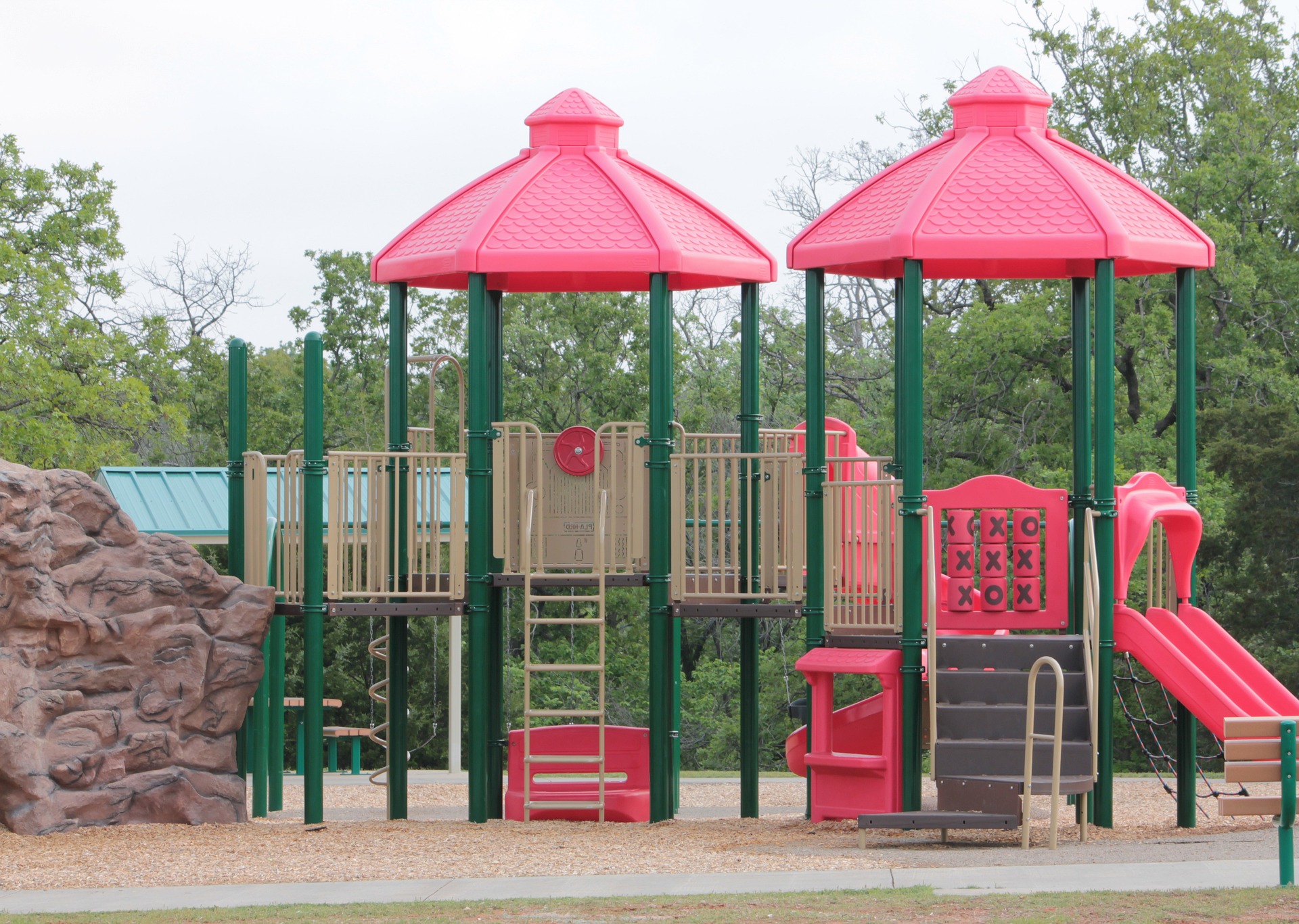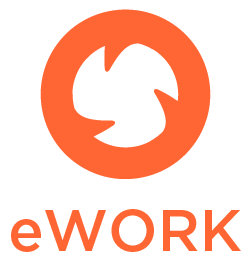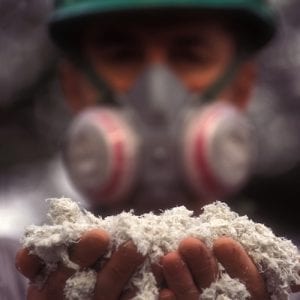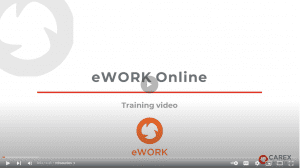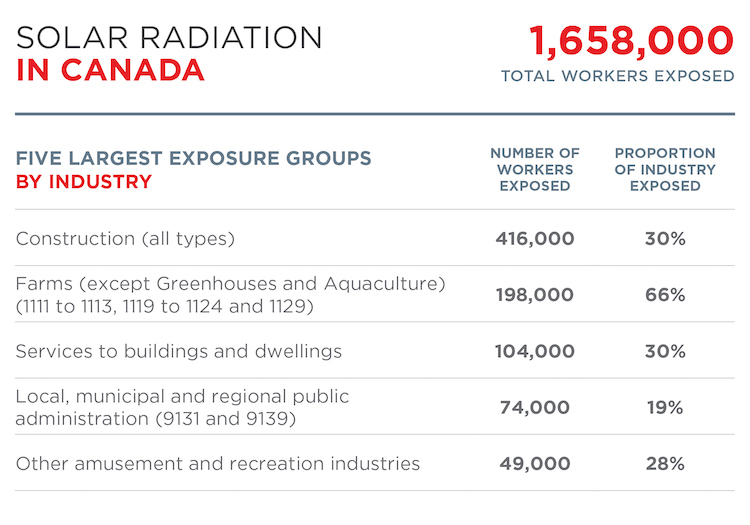
Fall 2023 e-Bulletin
IN THIS ISSUE
Spotlight on wildfire smoke – The International Agency for Research on Cancer evaluates occupational exposure as a firefighter and finds increased risk of bladder cancer and mesothelioma
CAREX news – New grant awarded to study workers exposed to climate change related extreme weather events
Team update – CAREX Canada is pleased to welcome new team member, Emma Quinn
Recent publications – Recently published articles on CAREX research
Communications updates – Dr. Peters’ presentation at the Canadian Mesothelioma Foundation and three stories from our Carcinogens in the News digest
SPOTLIGHT ON WILDFIRE SMOKE
Wildfires are intensifying in Canada, increasing the risk of adverse health effects for wildland firefighters
Wildfires are not a recent phenomenon in Canada, though the frequency and severity of fires are on the rise, as climate change continues to intensify weather conditions that increase the risk of wildfires. Of particular concern are the elevated rates of fine particulate matter (PM2.5) in smoke, as well as other known or suspected carcinogens including benzene, polycyclic aromatic hydrocarbons (PAHs) and others.
Wildfire smoke can cause adverse health effects, and some populations, namely wildland firefighters, are at higher risk of these adverse health effects due to their proximity, increased respiration and at times, inadequate respiratory protection. The International Agency for Research on Cancer recently evaluated Occupational Exposure as a Firefighter and published a Monograph reviewing the evidence from epidemiological, animal, and mechanistic studies to assess the carcinogenic hazard to humans of occupational exposure as a firefighter. The Monograph concluded that occupational exposures experienced in firefighting increase the risk of bladder cancer and mesothelioma.
While the Government of Canada continues to update and enhance resources for the general public for staying safe in the midst of wildfire season, there have been questions raised about whether the Air Quality Health Index (AQHI), the primary tool for measuring air quality in Canada, incorporates emerging knowledge about wildfire smoke. Our wildfire smoke summary is available here.

CAREX NEWS
New grant awarded to study workers exposed to climate change related extreme weather events
The Canadian Institutes of Health Research (CIHR) Catalyst Grant will bring together experts at Toronto Metropolitan University, Health Canada, the National Public Health Institute of Quebec, Carleton University, CAREX Canada, the Canadian Centre for Occupational Health and Safety and WorkSafeBC. This research will follow our tested CAREX approach, in a novel new setting to estimate the proportions of workers exposed to climate change related extreme weather events across Canada. This research will also strengthen connections between researchers, occupational health organizations and governments in an effort to protect workers from the effects of the changing climate.
TEAM UPDATE
The CAREX Canada team is pleased to welcome new team member Emma Quinn
Based at the University of Calgary, Emma recently graduated from the University of British Columbia with a Master of Science in Occupational and Environmental Hygiene. Emma has a deep interest in how occupational and environmental factors influence human health and has previously worked with CAREX Canada on research related to COVID-19 misinformation, occupational exposures of young workers and ionizing radiation exposure. Emma is currently exploring how sex and gender impact occupational cancer risk. Emma’s full biography can be found on our About Us page.
PUBLICATIONS
Our team recently published journal articles on CAREX-related research, including:
- A study on the changing activity patterns of Canadians since the COVID-19 pandemic, and the resulting elevated exposure to radioactive radon gas inhaled within in indoor residential settings.
- A systematic review looking at the potential association between low-dose ionizing radiation and ischemic heart disease mortality in occupational settings.
A full list of our publications is available here.
COMMUNICATIONS UPDATES
Webinar recording of Dr. Peters and Dr. Demers’ recent presentation about mesothelioma in Canada
Dr. Cheryl Peters and Dr. Paul Demers recently presented at the Canadian Mesothelioma Foundation’s 2023 Canadian Mesothelioma Conference in Toronto. In the lead up to the conference, they hosted a webinar to talk about current patterns of mesothelioma in Canada, the risk of exposure to asbestos and preventing future disease. To learn more about exposure to asbestos and mesothelioma visit our asbestos profile on our website.
Top stories form our Carcinogens in the News digest
We’re featuring three stories that appeared in our Carcinogens in the News digest:
- The Canadian Cancer Society recently released Canadian Cancer Statistics 2023 which provides detailed statistics on incidence, mortality and survival for over 20+ cancer types. An estimated 239,100 new cancer cases and 86,700 cancer deaths are expected in Canada in 2023. The most commonly diagnosed cancer is estimated to be lung overall, colorectal in males and breast in females.
- The Canadian Centre for Occupational Health and Safety (CCOHS) have released a climate change handbook for safety professionals in response to growing concerns over the impact of climate change on workers. The handbook offers guidance on how to identify, assess and control climate-related risks that could affect occupational health and safety.
- The Ontario government have pledged to create Canada’s first-ever Occupational Exposure Registry to track harmful exposure levels, improve worker compensation, help diagnose workplace illnesses faster, and reduce costs to the healthcare system.
Other stories and reports can be viewed on our Carcinogens in the News page. To sign up for monthly Carcinogens in the News digest, visit our Subscribe page.
Subscribe to our newsletters
The CAREX Canada team offers two regular newsletters: the biannual e-Bulletin summarizing information on upcoming webinars, new publications, and updates to estimates and tools; and the monthly Carcinogens in the News, a digest of media articles, government reports, and academic literature related to the carcinogens we’ve classified as important for surveillance in Canada. Sign up for one or both of these newsletters below.
CAREX Canada
School of Population and Public Health
University of British Columbia
Vancouver Campus
370A - 2206 East Mall
Vancouver, BC V6T 1Z3
CANADA
As a national organization, our work extends across borders into many Indigenous lands throughout Canada. We gratefully acknowledge that our host institution, the University of British Columbia Point Grey campus, is located on the traditional, ancestral and unceded territories of the xʷməθkʷəy̓əm (Musqueam) people.

